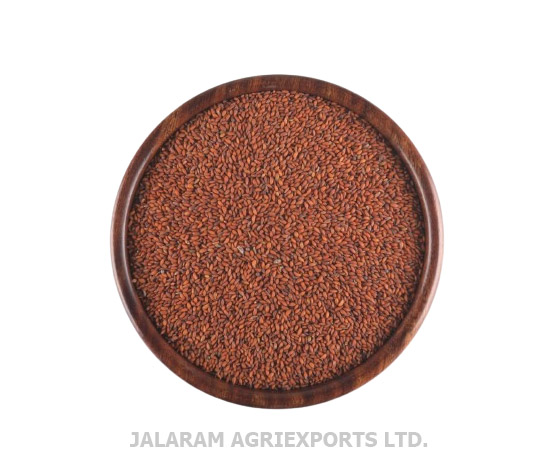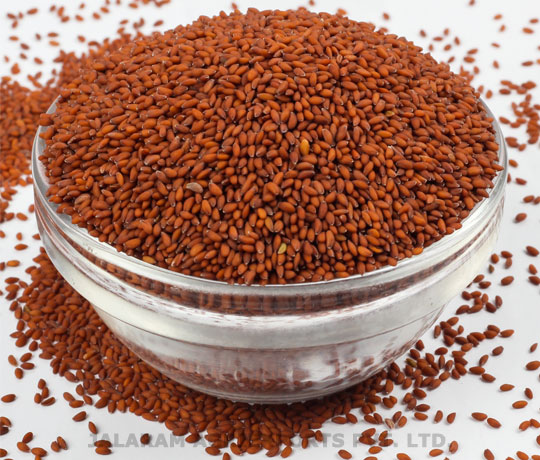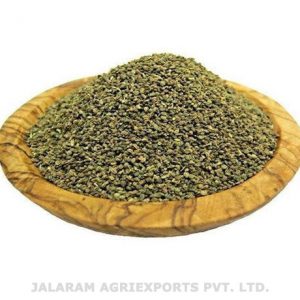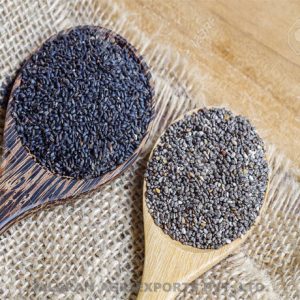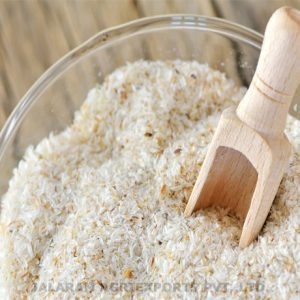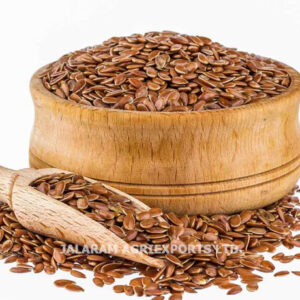Asaliya seeds, also known as garden cress seeds, are small, reddish-brown seeds with a slightly peppery flavour. They are rich in iron, calcium, folate, fibre, and antioxidants, making them popular for their medicinal and nutritional benefits. Commonly used in Ayurvedic medicine, they support digestion, boost immunity, and are often consumed to improve reproductive health.
The plant is believed to have originated in the Middle East and Central Asia, and has long been cultivated in India. Asaliya grows well in arid and semi-arid climates and is typically sown in the rabi season (October to December) with harvest taking place between February and April. It requires minimal irrigation, making it suitable for dryland farming.
India is one of the leading producers of Asaliya seeds, with cultivation mainly in Rajasthan, Gujarat, Madhya Pradesh, and Maharashtra. While most of the produce is consumed locally for medicinal and dietary use, small quantities are exported, especially to countries with South Asian communities. Though not a major export crop, Asaliya seeds are gaining recognition globally for their health-promoting properties.


